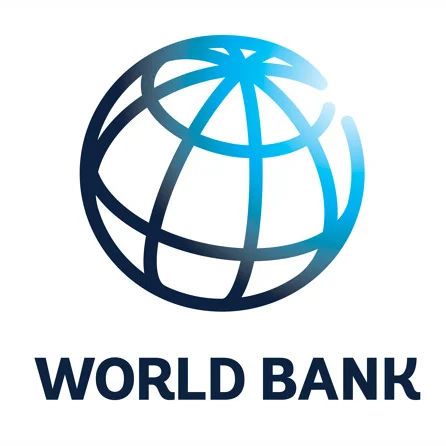
World Bank Yerevan Office Другое
О нас:
After attaining independence from the Soviet Union in 1991, the Republic of Armenia inherited a highly centralized health system skewed towards specialized and hospital care with marked inequality in service provision between rural and urban areas. In this model, provision of health services was essentially free for the entire population. However, because of the political and economic challenges post - independence, the significantly reduced government budget on health care could not sustain the oversized and overstaffed Semashko model health system. Over the past two decades, reforms in primary health care, hospital optimization, purchasing arrangements, and a rise in the standard of living have supported improvements in life expectancy.
However, public expenditure on health care in Armenia is low and the gaps in health financing have been filled by household-level spending. At above 85% of current health expenditure, Armenia has one of the highest levels of out-of-pocket payments (OOPs) in the world, with attendant financial barriers in health care access. For nearly one in five Armenians, the cost of care is the main barrier to using health services when needed. Furthermore, Armenia has lower levels of outpatient health care use than comparator countries in the region. This has implications for population health and productivity. About 3,000 deaths annually could be prevented with improved access to and quality of care. Also, chronic diseases, the management of which is facilitated by high-quality primary health care access, account for 500,000 years of life lost, 280,000 years lived in disability, and 360 billion AMD lost annually.
Hence, in 2019, the Ministry of Health (MoH) launched public discussions on health financing and service delivery reforms to address the challenges to improving access to quality care, including the high levels of OOP health expenditures. The initial proposal was published in draft “Concept Note for the Introduction of Universal Health Insurance” for public review and debate. The proposal includes reforms in domestic resource mobilization, strategic purchasing, and service delivery, encompassing the introduction of earmarked taxes for health, an increase in prioritization of health services in the state budget, establishing a new and independent purchaser, introduction of selective contracting of providers that meet defined service standards, performance-based payments that reward improvements in quality of care, and adopting a systematic process for reviewing the benefits package.
The reform proposal is under revision to address comments from national stakeholders and international experts, and to further tailor the reform components to the health system challenges. At the request of the Ministry of Health, a multidisciplinary World Bank team has undertaken rigorous analysis to inform the reform design and facilitated knowledge exchanges with other countries. Reports capturing the findings of these analyses have been published under the “Technical Support for Universal Health Coverage in Armenia” series. Pending completion are the revised actuarial costing of the benefits package led by the Ministry of Health, a comprehensive assessment of the performance of primary health care and integration of service delivery, and an operational roadmap for hospital quality assurance developed with support from the Korean Health Insurance and Review Assessment Service.
